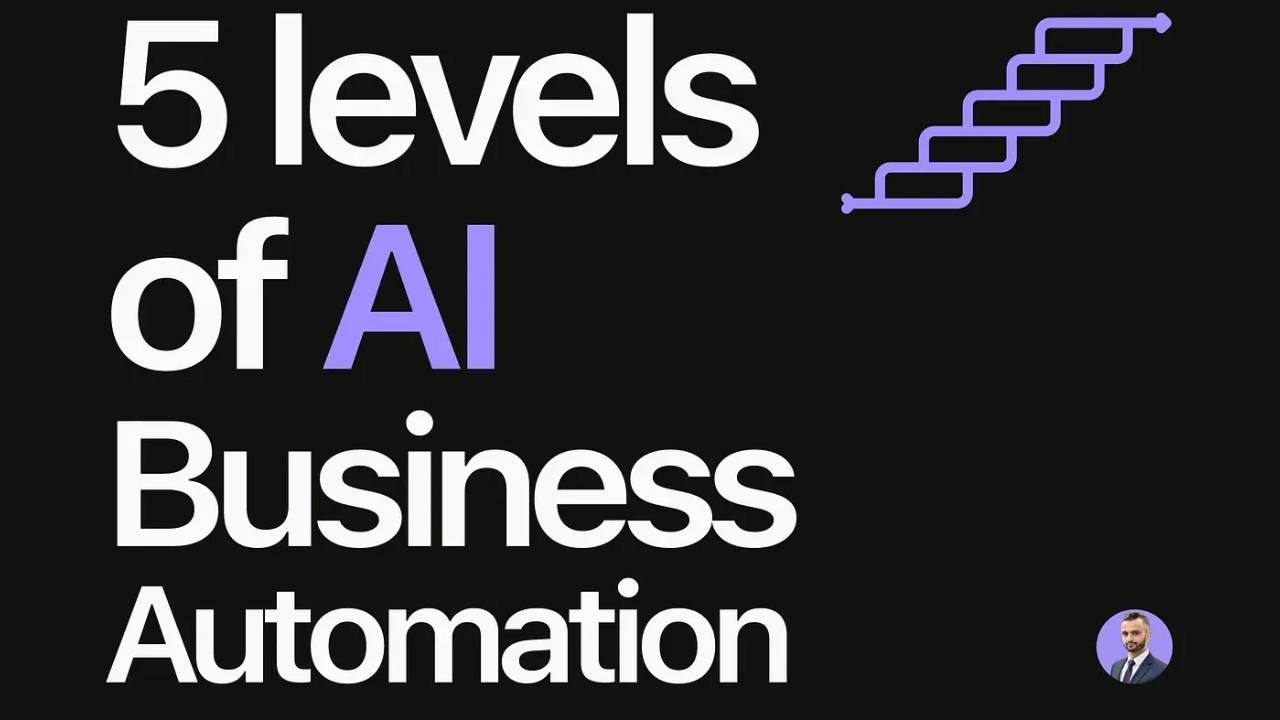Exploring the Ethical Implications of Computer Vision Technology in 2023
Jun 13, 2023
In recent years, computer vision technology has made significant strides, enabling machines to perceive and interpret visual information like never before. From autonomous vehicles to facial recognition systems, computer vision has found applications across various industries. However, along with these advancements, ethical concerns have emerged regarding the implications of computer vision technology in 2023. This article explores the ethical challenges and considerations surrounding computer vision technology and the need for responsible implementation.
Understanding Computer Vision Technology
Computer vision is an interdisciplinary field that combines artificial intelligence, machine learning, and image processing to enable machines to understand and interpret visual data. By extracting meaningful information from images or videos, computer vision systems can identify objects, recognize faces, track movements, and even analyze emotions. This technology has a wide range of potential applications, including healthcare, security, retail, and entertainment.
The Advancements in Computer Vision Technology
Over the years, computer vision technology has advanced significantly, thanks to breakthroughs in deep learning algorithms and the availability of vast amounts of labeled training data. These advancements have led to improved accuracy, faster processing speeds, and the ability to handle complex visual tasks. As a result, computer vision has become more prevalent in our daily lives, impacting various sectors, from autonomous vehicles revolutionizing transportation to healthcare systems improving patient care.
Ethical Issues in Computer Vision
1. Bias and Discrimination
Computer vision algorithms trained on biased or unrepresentative datasets can perpetuate and amplify societal biases. This can lead to discriminatory outcomes, such as misidentification or differential treatment based on race, gender, or other characteristics. Addressing bias in computer vision systems is crucial to ensure fairness and avoid exacerbating existing societal inequalities.
2. Invasion of Privacy
The widespread use of computer vision technology raises concerns about privacy infringement. Surveillance systems equipped with facial recognition capabilities can track and monitor individuals without their consent. This intrusion into private spaces and the collection of personal data without explicit permission raise serious ethical questions regarding privacy rights and consent.
3. Informed Consent
Computer vision applications often involve the collection and analysis of personal data. However, individuals may not always be aware of the extent to which their data is being captured and utilized. Ensuring informed consent becomes a critical aspect of ethical computer vision implementation, allowing individuals to make informed decisions about the use of their personal information.
4. Security and Surveillance Concerns
While computer vision technology offers advancements in security and surveillance, its misuse can result in grave consequences. Unauthorized access to sensitive information, breaches of cybersecurity, or the potential for mass surveillance pose significant ethical risks. It is essential to strike a balance between public safety and individual privacy to mitigate these concerns.
5. Social Impact and Inequality
The widespread adoption of computer vision technology can have far-reaching social implications. It may exacerbate existing inequalities, such as socioeconomic disparities, by disproportionately affecting certain communities. Additionally, the potential for job displacement due to automation raises concerns about socioeconomic inequality. Ethical considerations should be integrated into the development and deployment of computer vision to ensure equitable outcomes.
Addressing Ethical Concerns
To mitigate the ethical challenges associated with computer vision technology, several measures can be implemented:
1. Regulation and Legal Frameworks
Governments and regulatory bodies play a crucial role in establishing comprehensive frameworks and guidelines to govern the use of computer vision technology. These regulations should address issues such as data privacy, bias mitigation, and transparency, ensuring responsible deployment and protecting individuals' rights.
2. Transparency and Accountability
Promoting transparency in the design and deployment of computer vision systems is vital. Developers should disclose the algorithms' limitations, potential biases, and any data sources used. Additionally, establishing mechanisms for accountability, such as independent audits and external oversight, can help identify and rectify ethical concerns.
3. Fairness and Bias Mitigation
Developers must prioritize fairness in the training and deployment of computer vision algorithms. This includes ensuring diverse and representative datasets, rigorous testing for biases, and continuous monitoring of algorithm performance to detect and mitigate any discriminatory outcomes.
4. Education and Awareness
Raising public awareness about the capabilities, limitations, and potential risks of computer vision technology is crucial. Educating individuals about their rights, the ethical implications of its use, and the measures in place to protect them fosters informed decision-making and responsible adoption.
The Role of Stakeholders
Addressing the ethical implications of computer vision technology requires collaboration among various stakeholders:
1. Government and Policy Makers
Government bodies and policy makers should proactively engage with experts, industry representatives, and the public to develop robust regulations and policies. These should balance innovation, public safety, and ethical considerations to create a conducive environment for responsible computer vision technology.
2. Technology Developers and Researchers
Those involved in the development and research of computer vision technology should prioritize ethical practices. They should adopt fair and transparent methodologies, conduct thorough testing and evaluation, and actively contribute to ongoing discussions regarding the responsible use of this technology.
3. Organizations and Businesses
Companies utilizing computer vision technology must establish ethical guidelines and practices. They should prioritize privacy, fairness, and accountability in their implementations. Additionally, fostering diversity within development teams can help identify and mitigate biases in algorithms.
4. General Public
Individuals have a role to play in advocating for ethical computer vision practices. By staying informed, engaging in discussions, and voicing concerns, the public can influence the development and deployment of computer vision technology.
The Future of Ethical Computer Vision
As computer vision technology continues to advance, addressing the ethical implications becomes even more critical. Striking a balance between innovation and ethical considerations is essential for creating a future where computer vision benefits society while upholding individual rights and values.
Conclusion
Computer vision technology has brought about tremendous advancements, but its implementation raises important ethical questions. To ensure responsible use, it is crucial to address issues like bias, privacy infringement, informed consent, security, and social impact. Collaboration among governments, developers, organizations, and the public is necessary to establish regulations, promote transparency, mitigate bias, and raise awareness. By considering the ethical implications, we can shape the future of computer vision technology to benefit society while upholding individual rights and values.
Ready to up your computer vision game? Are you ready to harness the power of YOLO-NAS in your projects? Don't miss out on our upcoming YOLOv8 course, where we'll show you how to easily switch the model to YOLO-NAS using our Modular AS-One library. The course will also incorporate training so that you can maximize the benefits of this groundbreaking model. Sign up HERE to get notified when the course is available: https://www.augmentedstartups.com/YOLO+SignUp. Don't miss this opportunity to stay ahead of the curve and elevate your object detection skills! We are planning on launching this within weeks, instead of months because of AS-One, so get ready to elevate your skills and stay ahead of the curve!
FAQs
Q1. What is computer vision technology? Computer vision technology combines artificial intelligence, machine learning, and image processing to enable machines to interpret visual data, such as identifying objects, recognizing faces, and tracking movements.
Q2. What are the ethical concerns associated with computer vision technology? Ethical concerns in computer vision technology include bias and discrimination, invasion of privacy, lack of informed consent, security and surveillance issues, and social impact and inequality.
Q3. How can bias in computer vision algorithms be addressed? Bias in computer vision algorithms can be mitigated by ensuring diverse and representative datasets, conducting rigorous testing for biases, and continuously monitoring algorithm performance to detect and rectify any discriminatory outcomes.
Q4. What is the role of government and policy makers in addressing the ethical implications of computer vision technology? Governments and policy makers play a crucial role in establishing comprehensive regulations and legal frameworks to govern the use of computer vision technology, addressing issues such as data privacy, bias mitigation, and transparency.
Q5. How can the general public contribute to the ethical use of computer vision technology? The general public can contribute to the ethical use of computer vision technology by staying informed, engaging in discussions, voicing concerns, and advocating for responsible practices by companies and organizations.
From 80-Hour Weeks to 4-Hour Workflows
Get my Corporate Automation Starter Pack and discover how I automated my way from burnout to freedom. Includes the AI maturity audit + ready-to-deploy n8n workflows that save hours every day.
We hate SPAM. We will never sell your information, for any reason.









